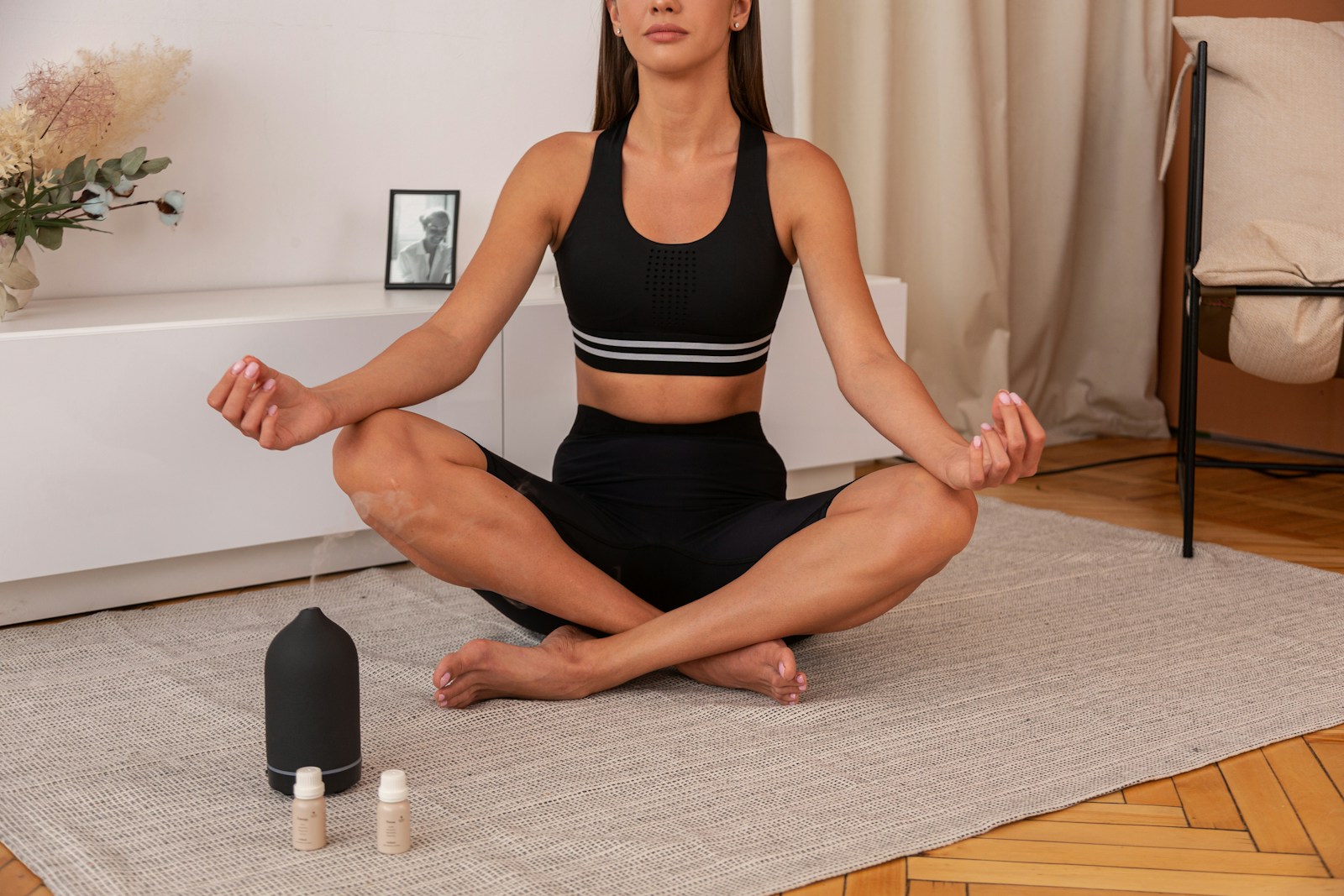
In our fast-paced, constantly connected world, many of us struggle to stay present. We’re often juggling multiple tasks, racing from one commitment to the next, and mentally planning for the future or reflecting on the past. This kind of mindset can lead to stress, anxiety, and burnout. Mindfulness, the practice of being fully present and aware in the moment, offers a powerful antidote to this cycle. Here’s an overview of the benefits of mindfulness and practical ways to incorporate it into your daily routine.
What is Mindfulness?
Mindfulness is a mental practice rooted in ancient meditation traditions, particularly in Buddhism. It involves paying deliberate attention to the present moment without judgment. This means observing your thoughts, emotions, and surroundings with an open, non-reactive awareness. Rather than ruminating on the past or worrying about the future, mindfulness teaches you to focus on what’s happening now—whether you’re eating, walking, or even just breathing.
The Benefits of Mindfulness
Reduces Stress and Anxiety
One of the most significant benefits of mindfulness is its ability to reduce stress. By cultivating awareness and acceptance of the present moment, mindfulness helps interrupt the cycle of worry and overthinking. Studies have shown that mindfulness meditation can lower cortisol levels, the body’s primary stress hormone, which reduces overall stress and anxiety. This practice helps you remain calm even in challenging situations, fostering emotional balance.
Improves Focus and Concentration
Practicing mindfulness trains your brain to stay focused on a single task without distraction. In a world where multitasking is the norm, this ability to concentrate can have a profound impact on your productivity and cognitive performance. Mindfulness has been shown to enhance working memory and attention span, making it easier to stay on track and accomplish your goals.
Enhances Emotional Health
Mindfulness encourages a non-judgmental attitude toward your emotions. This means you learn to observe your feelings without becoming overwhelmed by them. Over time, mindfulness helps build emotional resilience, as you become more skilled at responding thoughtfully to negative emotions rather than reacting impulsively. It has been linked to improvements in mood, reducing symptoms of depression, and increasing overall emotional well-being.
Promotes Better Physical Health
While the primary focus of mindfulness is mental well-being, it also has a positive impact on physical health. Studies suggest that mindfulness can improve sleep, reduce chronic pain, and even lower blood pressure. By fostering relaxation, mindfulness promotes a state of well-being that benefits both body and mind.
Increases Self-Awareness
Regular mindfulness practice cultivates a deeper understanding of yourself. It allows you to observe your thoughts and behaviors without judgment, helping you gain insight into your habits, motivations, and triggers. This heightened self-awareness can lead to personal growth, improved decision-making, and healthier relationships with others.
How to Incorporate Mindfulness into Your Day
While mindfulness may seem like an intimidating practice to adopt, the beauty of it is that it can be seamlessly integrated into everyday activities. Here are some simple ways to bring mindfulness into your routine:
Start with Breathing Exercises
A quick and easy way to practice mindfulness is to focus on your breath. Take a few minutes each day to sit in a quiet space, close your eyes, and pay attention to your inhales and exhales. If your mind wanders, gently bring your attention back to your breath. This simple practice can help calm your mind and reduce stress.
Practice Mindful Eating
Instead of eating on the go or in front of a screen, take time to enjoy your meals mindfully. Slow down, savor each bite, and pay attention to the textures, flavors, and smells of the food. Mindful eating helps improve digestion, encourages healthier eating habits, and allows you to fully appreciate your meals.
Be Present During Daily Activities
You can practice mindfulness in virtually any task—whether you’re walking, doing the dishes, or taking a shower. Instead of rushing through these activities, bring your full attention to what you’re doing. Notice the sensations, movements, and sounds involved. This simple practice turns everyday tasks into moments of mindfulness, helping you stay grounded and present.
Take Short Mindfulness Breaks
If you’re feeling overwhelmed during the day, take a brief break to center yourself. Step away from your work, close your eyes, and focus on your breath for just a few minutes. Even these short intervals can help reset your mind, reduce stress, and improve focus.
Incorporate Mindfulness into Your Commute
Whether you’re driving or taking public transport, your daily commute offers an opportunity to practice mindfulness. Rather than thinking about the day ahead or worrying about traffic, focus on the present moment. Pay attention to the sights, sounds, and sensations around you. This can help start or end your day with a calm, mindful approach.
Try Guided Meditation
If you’re new to mindfulness or meditation, guided sessions can be a helpful way to begin. Many apps, such as Calm, Headspace, or Insight Timer, offer free or paid guided meditation sessions that can help you build a consistent practice. Start with just 5–10 minutes a day and gradually increase as you become more comfortable.
Conclusion
Mindfulness is a simple yet powerful practice that can transform your mental well-being. From reducing stress to enhancing emotional health, the benefits of mindfulness are both far-reaching and deeply personal. By incorporating small mindfulness practices into your daily routine, you can create a greater sense of balance, improve focus, and foster a more positive, grounded mindset. The beauty of mindfulness lies in its accessibility—it doesn’t require special skills or a large time commitment, just a willingness to be present and aware in the moment. Start small, and you’ll likely notice a shift in your mental clarity, emotional resilience, and overall quality of life.

